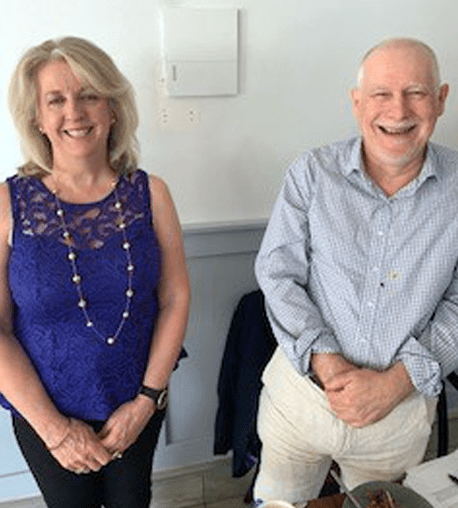The nine essays in the history of Teen Challenge Inc. are organised under the following main headings:
- The Spirit (1967-1975)
- The Thinking (1957-1984)
- The Organisation (1970-1980)
- The Development (1975-1985)
- The Challenge (1980-1989)
- A Movement or an Organisation for a New Century? (1990-2020)
- Learning the Lessons for Teen Challenge Inc. Australia (1957-2020)
Following this introductory essay, a brief historical overview will be stated for the readers.
The reader of the history is then introduced, in the next essay, to the early mission and Reformed Theology of Charles Ringma, the Queensland movements of Charismatic Renewal (1967-1975) and Jesus Revolution (1967-1971), and the Brisbane work of Christian Coffee Shop Outreach. The essays two and three set the local scene as a matter of the organisation’s origins.
The fourth essay goes to the global setting and cover the emergence of two drug cultures, Don Wilkinson’s Teen Challenge strategy, and in the local organisation, the Philosophy of Outreach, Counselling and Rehab, and Ringma’s concepts of Second Order, Cluster Living, Healing, Education, and Advocacy. All these themes speak to the transference of global ideas and practices to the local setting and its adaption to local conditions.
The fifth essay is an examination of those local conditions as the early Teen Challenge organisation found them. Here we look at the cultural influence of the 1970s mainstream Evangelical Conservatism, the organisational issues of financial philosophy and strategy, and governance and administration, the outreach issues of ventures and tours, and activities of media, rehabilitation, and education (prevention).

Figure 1. Joanne Hobbs, CEO, Dr Neville Buch, author, Teen Challenge Inc. Queensland
The sixth essay goes deeper, structurally, on examining the local conditions and the shaping of global thinking. At the heart of the organisation is the structure or pseudo-structure of spirituality and Queensland society (Social Justice, Civil Disobedience, and State Corruption; religious politics of Christian New Left; Jubilee Fellowship and the AOG). The claim might be controversial, but in the intellectual history anchored in the year 2021, it ought not be. Beliefs expressed by the early Teen Challenge organisation about its ‘grand’ mission spoke on beneficial organisational issues of national profiling and media, and resourcing (e.g., Teen Challenge Bookshop), and activities in ministries of ‘Juvenile Delinquency’, Respite, Children’s Services Emergency Accommodation, Prisons Visitations, and Craft and Pottery Studio, and of education in the ‘Institute in Basic Youth Conflicts’ Public Seminars, and the Teen Challenge Training Institute.
The seventh essay helps the readers understand the third and fourth essays by coming to summative conclusions on the understanding of the spirituality, which expresses the evolutionary organisation of Teen Challenge. Here are we exploring great tensions from the cultural influence of the 1980s fundamentalist Neo-Conservatism, and the organisational issues of a new Post-Ringma governance and administration.
With the elements of the organisations’ spiritual and intellectual histories explained, the eighth essay explains the 1990s cultural fall-out for Teen Challenge Australia Inc. and the associated churches. It investigates organisational change which occurred with further new governance and administration. The key question is the impact upon the lives of community members.
The final essay, an epilogue, reflects on the spiritual and organisational change for Teen Challenge Inc. from an objective-subjective summative intercourse.

